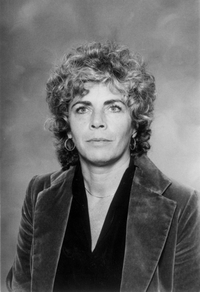Following Muñoz Molina’s acclaimed 18th book, Sepharad
, this translation of his third novel (published in his native Spain in 1986) dives into a bleak corner of Franco’s waning dictatorship. In 1969, Minaya, a student who has attracted secret police notice, leaves Madrid for his uncle Manuel’s house in a small town in Cordoba. There, he plans to research Republican-era poet Jacinto Solana, who briefly stayed at Manuel’s house after being released from prison in 1947. The house itself is a gloomy place of stale secrets and arrested lives: Manuel’s mother, Doña Elvira, lives reclusively at its top; Manuel still doesn’t forgive her for her disapproval of Mariana Ríos, the artist’s model whom he married in 1937 and who was killed, supposedly by a stray fascist bullet—and whom Jacinto Solana also loved. Minaya (with help from Manuel’s young maid, Inés) finds hidden manuscripts by Jacinto, which put him on the trail of the true story. Molina keeps an iron grip on the plot’s intricacies. The abrupt payoff is more Agatha Christie than anything else, but Molina’s slow moves through the story’s maze capture the wrenching tragedy of 20th-century Spain. (Aug.)


